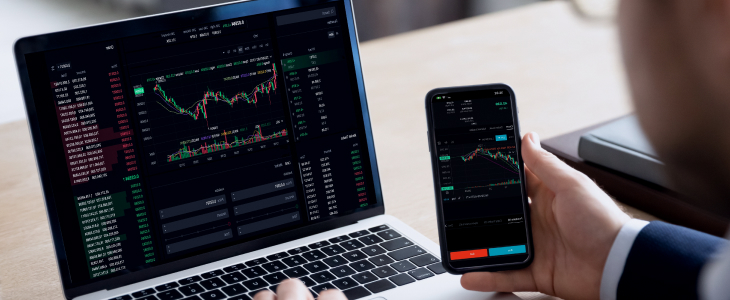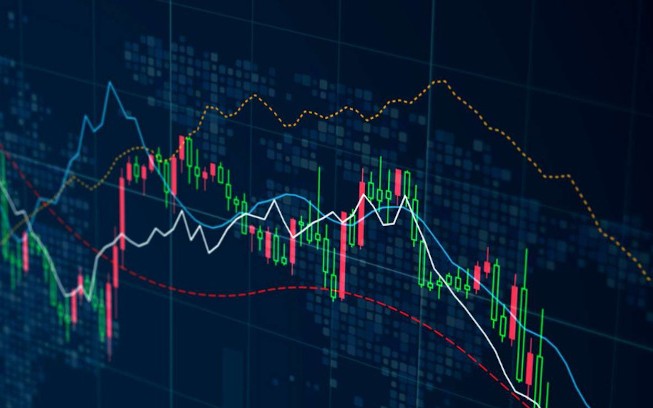
The Ultimate Guide to Demo Trading in Forex
In the rapidly evolving landscape of Forex trading, many individuals find themselves eager to dive into the market but uncertain about where to start. This is where demo trading comes in as an invaluable tool. A demo trading account allows traders to practice without the risk of losing real money. The primary goal of this article is to elucidate the importance of demo trading in Forex and how it can enhance your trading skills. For those looking for a reliable trading partner, consider exploring demo trading forex Trading Broker KW.
What is Demo Trading?
Demo trading refers to the practice of trading financial instruments, such as currencies, using a simulated account that mirrors real trading conditions but utilizes virtual funds instead of actual money. These accounts are provided by most Forex brokers and are designed to help novice traders build their skills and confidence prior to entering the live market. The key features of demo trading accounts typically include live market charts, tools for technical analysis, and a user interface similar to that of a real trading platform.
Benefits of Demo Trading
The advantages of demo trading are manifold, particularly for new traders who may feel overwhelmed by the complexities of Forex trading. Here are some significant benefits:
- No Financial Risk: With demo trading, traders can experiment without the fear of losing their hard-earned money.
- Practicing Real Trading Strategies: It allows traders to test strategies and refine their trading techniques in a risk-free environment.
- Understanding Trading Platforms: New traders can learn to navigate various Forex trading platforms and tools effectively.
- Building Confidence: As traders become more familiar with the market dynamics and their trading strategies, they build the confidence needed to transition to live trading.
How to Start Demo Trading
To begin with demo trading, follow these steps:

- Choose a Reliable Forex Broker: It is crucial to select a broker that offers a user-friendly demo account. Ensure that they are regulated and provide a range of trading instruments.
- Open a Demo Account: After selecting a broker, you will need to fill out a registration form to create a demo trading account.
- Download the Trading Platform: Most brokers will require you to download their trading platform, which you will use for demo trading.
- Practice Trading: Start making trades using virtual funds. Take this time to experiment with different strategies and learn from your mistakes.
Strategies for Effective Demo Trading
While demo trading is invaluable for learning, it’s essential to approach it with a strategy. Here are some tips:
1. Treat the Demo Account Like a Real Account
This might seem counterintuitive, but treating your demo account as if it contains real money can cultivate the discipline and emotional control needed for live trading.
2. Set Realistic Goals
Rather than aiming for unrealistic profit margins, set achievable objectives. This will help you focus on skill development rather than just profits.
3. Diversify Your Trading
Try trading different currency pairs and various strategies. This will not only diversify your skill set but also teach you how different markets behave.

4. Keep a Trading Journal
Documenting trades, strategies, and emotions during demo trading can help identify patterns in your decision-making process and areas where improvement is needed.
Common Mistakes to Avoid
As with any trading experience, there are pitfalls you need to watch out for:
- Overleveraging: Just because you are trading with virtual funds doesn’t mean you should employ high leverage. Treat it as if it were real to develop proper risk management skills.
- Neglecting Emotional Control: Many traders believe that because they are not trading real money, they do not need to control their emotions. This can lead to poor decision-making habits.
- Ignoring the Importance of a Trading Plan: Without a solid plan, it’s easy to develop erratic trading behaviors. A well-defined trading plan is crucial for success.
Transitioning to Live Trading
After sufficient practice on a demo account, many traders aspire to transition to live trading. Here are some considerations:
- Start Small: When you make the switch to live trading, start with a small amount of capital until you regain your confidence.
- Stick to Your Strategy: It’s easy to stray from your strategies when live trading due to emotional factors, but it’s critical to adhere to your original plan.
- Continue Learning: The learning process does not end when you start live trading. Constant education and adaptability are vital to long-term success.
Conclusion
Demo trading is a fundamental stepping stone for anyone interested in exploring the world of Forex trading. It offers the unique opportunity to practice and refine skills without financial risks. By understanding the benefits, developing effective strategies, and avoiding common mistakes, you can set yourself up for success in the live trading environment. Remember, patience and continuous learning will be your greatest allies on your trading journey.
